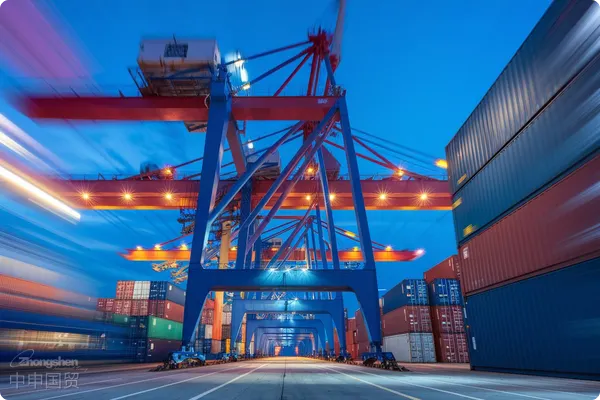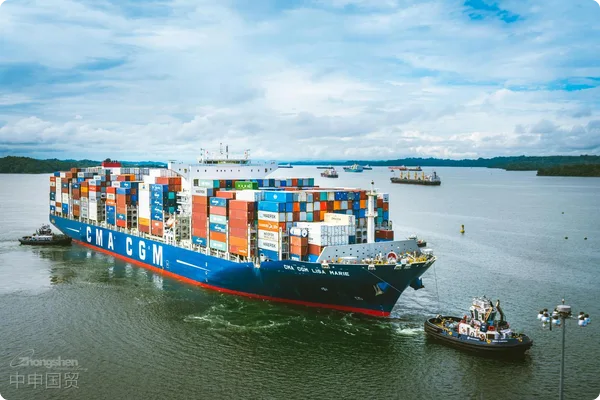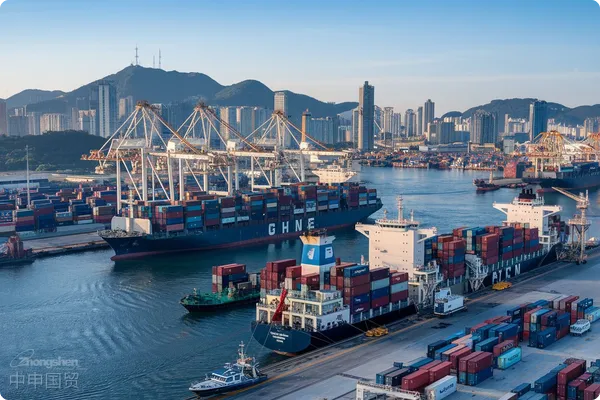- Shanghai Zhongshen International Trade Co., Ltd. - Two decades of trade agency expertise.
- Service Hotline: 139 1787 2118

According to Reuters, Indonesian Deputy Minister of Industry Faisol Reza stated on Tuesday that the country plans to further increase local content ratio requirements for smartphone investments. This means multinational companies producing and selling smartphones in Indonesia will face stricter localization standards. Reza didnt reveal an exact implementation timeline, stating the government is still evaluating specifics, but this move will clearly impact strategies of tech giants including Apple in the Indonesian market.
The Indonesian government first showed its tough stance on local content requirements in October this year. At that time, Indonesia banned sales of Apples newly launched iPhone 16 series due to Apples failure to meet the 40% local manufacturing component requirement. In fact, Indonesias requirements for multinationals involve not only local production and procurement of components but also local technical training, local supply chain development, and support for domestic manufacturers. For populous Indonesia, such localization policies aim to promote industrial upgrading, enhance domestic manufacturing and employment, ensuring foreign investments truly benefit the national economy.
According to IT Home, Indonesias Ministry of Industry found Apple hadnt fully fulfilled its investment commitment. Apple initially pledged 1.7 trillion Indonesian rupiah (~$109 million) but only delivered 1.48 trillion. After the ban, Apple proposed an additional $100 million investment to resume sales, but Industry Minister Agus Gumiwang Kartasasmita stated this still fell short. Officials noted Apples investment in Vietnam was 244 trillion rupiah for 1.5 million annual sales, compared to under 1.5 trillion rupiah for 2.5 million sales in Indonesia - a disproportionate investment relative to market performance.
Indonesia hopes higher local content requirements will balance this asymmetry. The increased localization aims to attract higher-quality investment and technology transfer while deepening foreign companies participation in local supply chains. For Apple, Samsung, Xiaomi and OPPO, this means greater integration of local component manufacturers in product design, production and supply chain management. Companies face tough choices: either increase Indonesian investment and procurement across modules, chips, screens, packaging, logistics and after-sales, or face stricter market access or sales bans.
As Southeast Asias largest economy, Indonesia seeks to transform foreign investment into economic and technological benefits. Smartphones are a key focus area. With growing consumer demand, Indonesia aims to become more than just a sales market but part of global supply chains. This could boost local component manufacturers competitiveness and upgrade domestic manufacturing for greater global supply chain influence.
Currently, Indonesia is still deliberating specific local content percentage increases, implementation timelines and methods. Businesses and investors closely monitor subsequent policy details. If strictly enforced, this may affect multinational tech companies Indonesian strategies, potentially prompting more local production lines, technical team development and closer supplier relationships.
Observers believe Indonesia wants Apple and others to match their investments in other emerging markets, treating Indonesia not just as a fast-growing consumer market but as a production base with industrial value. This trend may elevate Indonesias position in global smartphone supply chains. Regardless of final percentage increases, the policys message is clear: Indonesia expects greater local manufacturing share, higher technological value-add and better industrial returns - presenting new tests and opportunities for international tech companies investment strategies.
Related Recommendations
? 2025. All Rights Reserved. Shanghai ICP No. 2023007705-2  PSB Record: Shanghai No.31011502009912
PSB Record: Shanghai No.31011502009912










